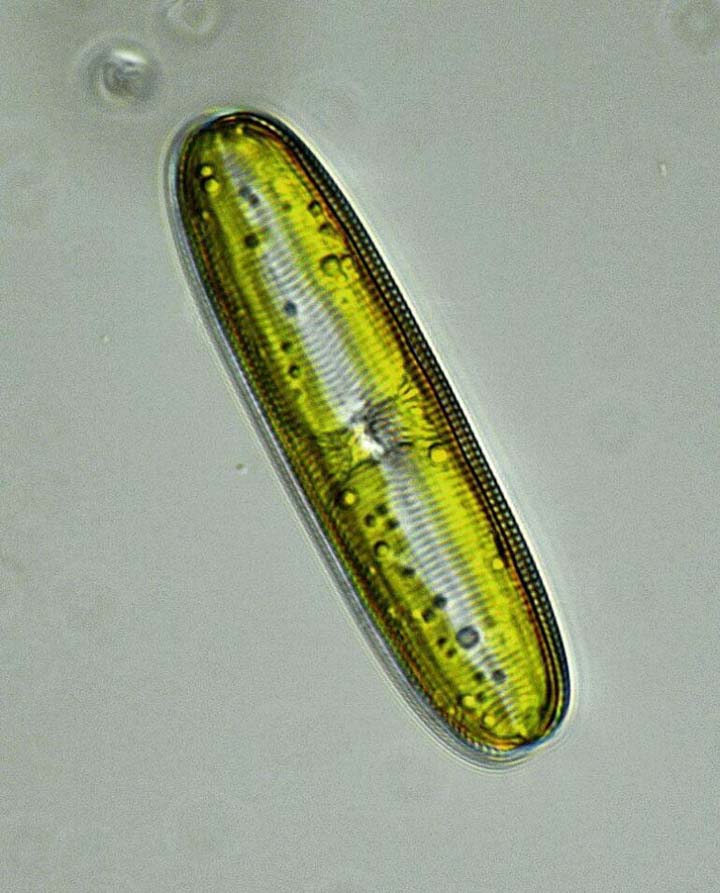Rhizosolenia: harnessing power of microalgae to combat climate change
Beyond its carbon removal capabilities, Rhizosolenia’s operations yield tangible benefits for communities in Pakistan.
Rhizosolenia not only addresses river pollution but also captures atmospheric carbon
In a world grappling with the challenges of climate change, a pioneering startup in Pakistan Rhizosolenia, named after a microalgae species renowned for its carbon absorption capabilities, is revolutionizing the fight against river pollution.
By cultivating diatoms in nutrient-rich, polluted rivers, Rhizosolenia not only addresses river pollution but also captures atmospheric carbon, offering a natural and cost-effective means of carbon removal.
Rhizosolenia’s groundbreaking approach has garnered attention for its potential to restore aquatic ecosystems while combating climate change. By harnessing the symbiotic relationship between diatoms and their environment, this innovative startup is paving the way for a more sustainable future.
Beyond its carbon removal capabilities, Rhizosolenia’s operations yield tangible benefits for local communities in Pakistan. By addressing rampant river pollution caused by agricultural runoff, the startup revitalizes fragile aquatic ecosystems, promoting biodiversity and fostering the growth of fish populations.
Additionally, Rhizosolenia’s initiatives generate employment opportunities for locals, empowering them to actively participate in climate change mitigation.
At a time when the world is seeking effective solutions to combat climate change, Rhizosolenia’s pioneering position in Pakistan assumes paramount importance. To further amplify its impact, the startup is actively seeking partners and investors to expand its diatom-based carbon sequestration efforts.
This article is the first installment in a four-part series that will delve deeper into Rhizosolenia’s innovative approach, technology, and background. Stay tuned to learn more about how this visionary startup is reshaping the fight against climate change and river pollution, and join the movement toward a cleaner and more sustainable future.


Comments are closed.